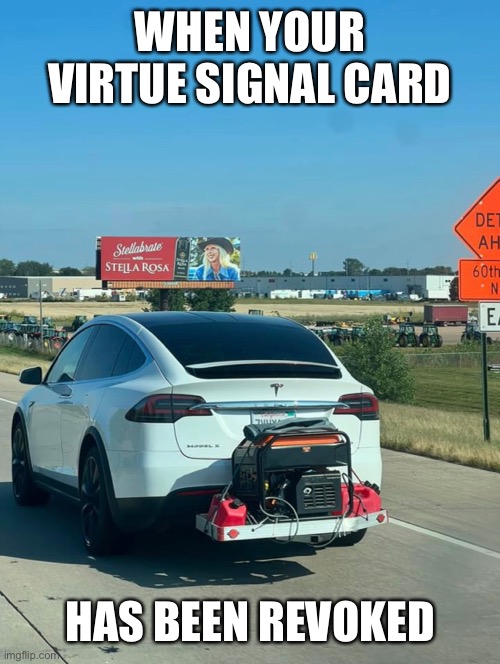Loren Visser said:
no dog in this fight but a 3 second search showed me this..
TYPES OF HOME EV CHARGERS
Not all EV chargers are made equal, and not all will get you a full tank of juice (so to speak) in time for the morning commute.Charging stations and cables also come in a variety of standards, depending on plug type. Because these plugs are not interchangeable, it can be important to make sure your home charger has the correct one.
- Level 1 charging can typically bring an EV battery to 80% in about 40 to 50 hours. These chargers often come included with an EV purchase, and require only a common household 120-volt outlet to work.
- Level 2 charging setups require having a 240-volt circuit. They can charge a battery electric vehicle to 80% in four to 10 hours and a plug-in hybrid in one to two hours.
- Level 3 also called direct current fast charging chargers are usually found in public charging stations, such as Tesla's Supercharger locations, and are used often in commercial applications.
COSTS OF HOME CHARGING STATIONS
Within each level of charging, there's generally a range of prices for home equipment. There can also be differences in installation costs.
- Level 1 charging cables often come with new EVs, but they can also be purchased separately if you want a spare. The equipment for Level 1 chargers typically costs about $300 to about $600. You should also look into the labor costs for installation, which can cost $1,000 or more.
- Level 2 charging stations usually need to be purchased separately, though some automakers might provide rebates for purchase and installation. Level 2 charging equipment ordinarily runs about $500 to $700, although some of it can be more expensive.
- Level 3 chargers can cost tens of thousands of dollars for the equipment alone. Installed, Level 3 chargers generally cost about $12,000 to $45,000.
LESS OBVIOUS COSTS OF HOME CHARGING STATIONS
While many modern homes can support Level 1 charging without much in the way of renovation, not every EV owner is so lucky. Older homes may not have updated electrical setups that will work with a Level 1 charger. Some hidden costs of installing at-home EV chargers might include:The price of installing new circuits into your home will depend on a few factors. These include the state of your breaker box/electrical panel, which can cost anywhere from about $850 to $4,000 to upgrade, depending on how many amps you need. Other factors include the availability of circuits at a high enough amperage, which can cost about $600 to $1,200 to install, and the distance between the electrical panel and the charging station.
- Updating your house's electrical capabilities for a Level 1 charger. Although Level 1 chargers will work with standard 120-volt household plugs, some older homes could be wired for 15-amp or lower circuits. Additionally, if the plug is too far from the distribution box, it may lose too much current and need to be updated with higher-gauge wiring.
- Upgrading your home's electrical system for a Level 2 charger. Many homes, even new ones, could need electrical work for Level 2 chargers, as those hookups require 240-volt circuits. Such circuits are not common in homes unless they were specifically installed for large appliances.
If you need to install a commercial-grade Level 3 EV charger, it could set you back tens of thousands of dollars. It likely also will require significant infrastructure setup, the cost for which varies based on your location and property.
https://www.capitalone.com/cars/learn/managing-your-money-wisely/how-much-does-a-home-ev-charger-really-cost/2737
It cost me $350 to put in a 240 circuit in my garage for charging.





